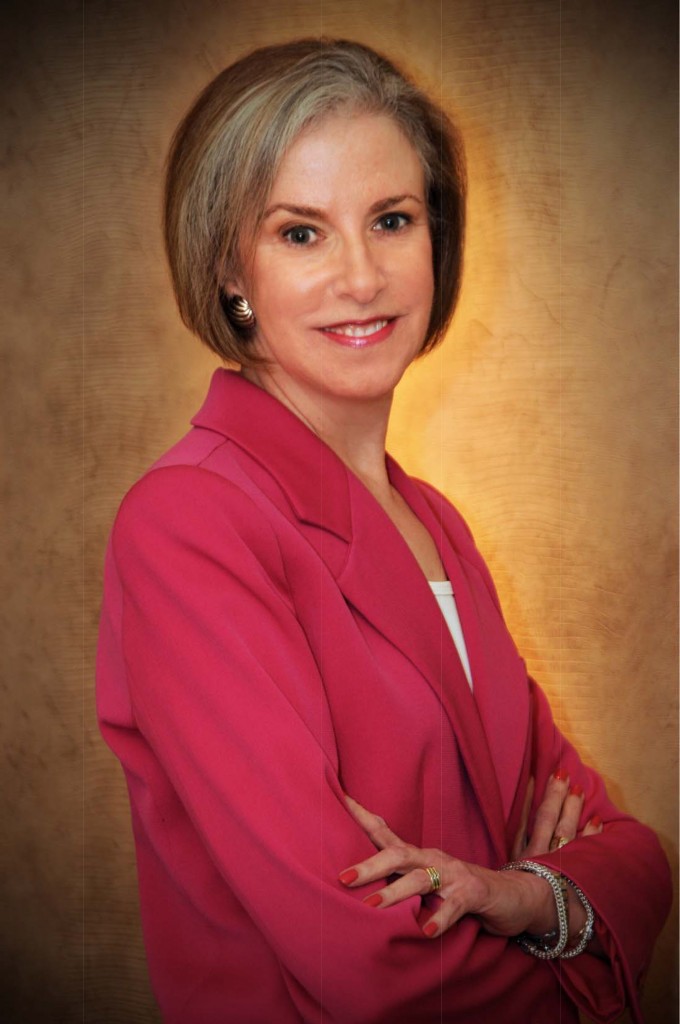When someone is described as a philanthropist, we think of a wealthy individual who is giving away millions of dollars, perhaps as direct gifts or through a personal foundation. However, a philanthropist doesn’t have to be a wealthy person. Anyone can be a philanthropist! You just have to be someone who cares about other people and the community.
One could argue that no one cares more about our community than commercial real estate professionals. We like to participate in projects that help our community. We may be painting houses, constructing a playground, filling food bags, participating in a blood drive, or any number of other important projects. All those are helpful to the nonprofit organizations. But, when it comes right down to it, those nonprofits need money to pay the bills necessary to provide their critical services. Without money, there is no organization, and no donation is too small.
Donating money is making an investment—just like when we invest in real estate. You have to do some due diligence. Due diligence takes thought, time and effort. For many of us, it may be easier to donate to organizations we trust to do the due diligence for us like United Way, The Dallas Morning News charity fund, the Dallas Foundation, or Communities Foundation of Texas. Held every September, the relatively new North Texas Giving Day is a great way to learn about a variety of organizations through an easy donation process.
So, how am I a philanthropist? Without going into too much detail, here it goes. My husband and I break our personal donations (not my company… that is a whole other topic, as we specialize in representing nonprofit organizations) down into several categories: education, human services, medical, arts and culture, friendship support and special gifts.
• Education: We give money to the colleges where my husband and I obtained our degrees. We know those schools and feel confident our money is going to something worthwhile.
• Human Services: There are a number of organizations where I either served on the board of directors or have close friends who have held leadership positions. For the ones where my friends have been involved, I trust their judgment and know I can discuss the organization with them.
• Medical: These donations are very important to my husband and me. We are longtime supporters of the University of Texas Southwestern Medical Center. We are a member of several support groups that give us an opportunity to hear researchers in a small group setting and gain a special perspective on the school. We also support are other medical groups that have a special meaning to us as well.
• Arts and Culture: We believe these are important to the vibrancy and life of our city. My husband and I hold memberships in variety of museums, arts, and cultural groups. We try to join at higher levels so we know more of our membership money is going to the organization. Plus, we enjoy the benefits of our membership by receiving discounts and invitations to special events.
• Friendship Support: Throughout the year, we anticipate that our friends will ask for our support in causes that are important to them. We can’t contribute to everyone, as sometimes during the course of the year, the number of requests can be pretty overwhelming. Nevertheless, we do what we can because we know our friends feel passionate about their cause, and we want to support them.
• Special Gifts: One sensitive area is giving gifts in memory of someone we know or their family member who has recently passed away to an organization the family has designated. It may also be in special honor of a friend. Many times these are organizations my husband and I don’t know and don’t anticipate supporting in the future. In my cover letter to the organizations, I always say, “Please do not place our names on any mailing lists for fund raising or informational purposes. This is a one-time donation.” Most organizations respect my request.
Discussing personal donations is pretty delicate, and I am taking a bit of a risk with this blog. However, most of us have had a pretty successful 2014. As we approach the end of the year, I want to encourage my commercial real estate colleagues to become philanthropists by giving back to the community that has been so supportive of us. I think you will enjoy the experience.
Eliza Solender is president of Solender/Hall Inc., a commercial real estate and consulting firm. Contact her at eliza@solenderhall.com.
This article was originally posted in DMagazine Commercial Real Estate

